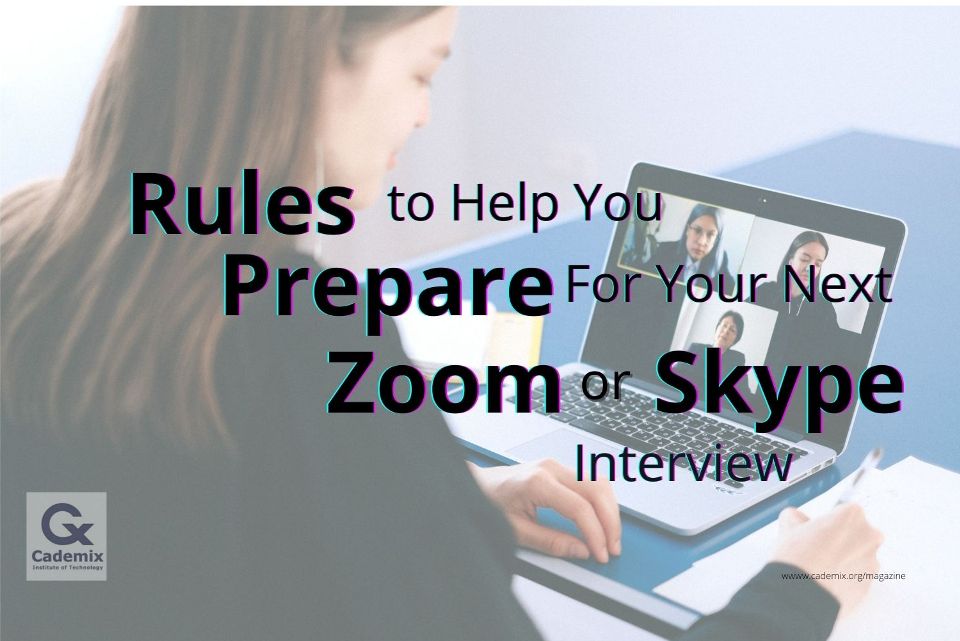

The Cornell team looking at their COVID-19 work in Spatial. Alexandros Sigaras, a professor and researcher at the institute, told Protocol that after his lab shifted its focus to hunting treatments for COVID-19, researchers and clinicians began using Spatial as a way to remain connected. Others, such as the Englander Institute for Precision Medicine at Cornell's medical school, have adopted it to cope with stay-at-home orders. Some companies, including BNP Paribas Real Estate, have been using Spatial for a while to convene teams spread around the world. He showed me backpacks that designers had been working on in the app given that my avatar had arms, I could actually try on the bags. Agarawala showed me a feature that teams are using to design new products, in which they can make annotations on virtual models that stay with the model even as it's manipulated. rex sitting on a chair, just because.Īgarawala said companies are using the rooms as a way of seeking a bit of the shared joy that might've come out of a company all-hands or happy hour.īut Spatial isn't just about fun. After we searched for cheeseburgers (it was lunchtime, to be fair), we blew up giant 3D burgers and left them hanging in mid-air.
#WANTS YOU TO NEXT MEETING VR HOW TO#
He showed me how to use the search tool, which lets you find images or 3D models that are available online (or that you've uploaded yourself).


A member of the company's communications team dialed in on her computer, clicking a link and diving in, as you would on a Zoom call.Īgarawala took me through a slideshow he'd loaded into the room, showing me still images of new meeting spaces the company is designing - which I could walk right up to, take off the wall and enlarge. I used an Oculus Quest headset the company provided, while Agarawala connected through his own rig at home. When I set up a meeting to talk about the shifting future of the technology with co-founder and CEO Anand Agarawala, he invited me to talk in one of Spatial's meeting rooms. In its previous assessments, PST has singled out neighboring Russia, China and North Korea as state actors that pose a significant intelligence threat to Norway, a nation of 5.4 million.Earlier this month, Spatial, a VR meeting-room tool, announced that it was opening up its platform to just about any VR or AR headset, as well as people calling in on regular computer webcams. Security officials said the suspect wasn't operating alone. The suspect is a student, but he's not enrolled at an educational institution in Norway, and he's been living in Norway for a relatively short time, according to PST.Ĭiting the arrest order, NRK said the suspect had allegedly been caught conducting illegal signal surveillance in a rental car near the Norwegian prime minister's office and the defense ministry.Īccording to a court decision, the man has been imprisoned in pretrial custody for four weeks with a ban on receiving letters and visits. Police have seized from the man a number of data-carrying electronic devices, which the PST is now investigating. "He (the suspect) is charged with using technical installations for illegal signal intelligence." We are in a critical, initial and vulnerable phase of the investigation," PST lawyer Thomas Blom was quoted as saying by Norwegian public broadcaster NRK. Norwegian authorities haven't said which country the man was allegedly spying for. The man, whose identity and nationality haven't been disclosed, has pleaded not guilty in initial police questioning. Norway's domestic security agency, known by its acronym PST, told Norwegian media that the man, who was arrested on Friday, was charged in court on Sunday with espionage and intelligence operations against the Nordic country. A 25-year-old foreign student has been arrested in Norway on suspicion of espionage, including illegal eavesdropping through various technical devices.


 0 kommentar(er)
0 kommentar(er)
